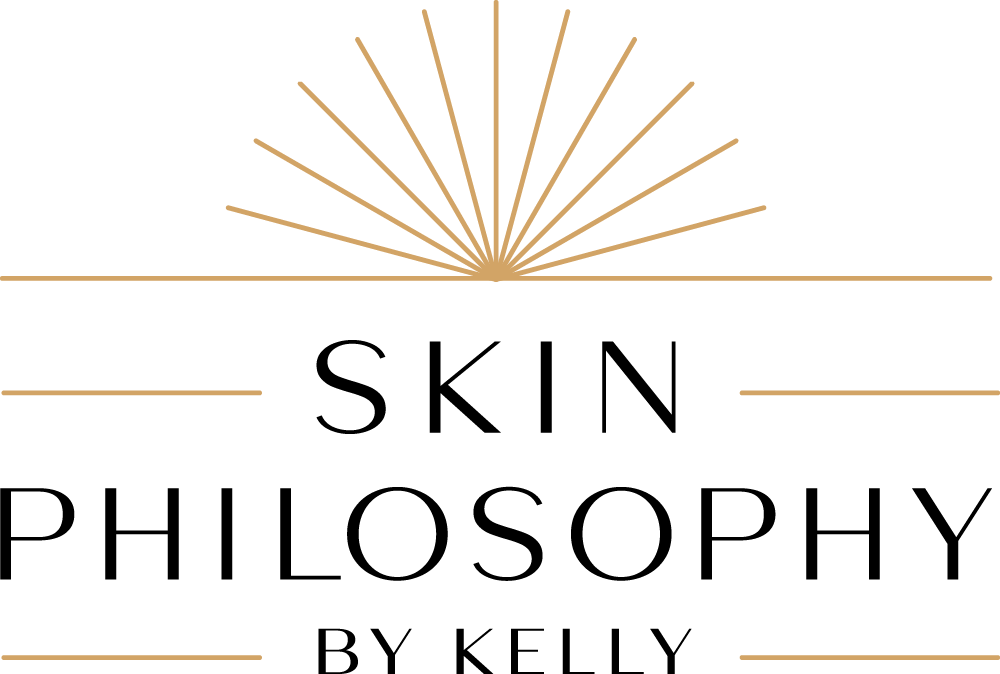Small But Mighty: Why Peptides Are Skincare’s Best-Kept Secret
Okay, so peptides aren’t really a secret these days but do you know what they actually are or what they do? And do you need them? Read on to find out.
What are peptides?
Peptides are short chains of amino acids, and amino acids are the building blocks of protein. So why does this matter for skincare? Because proteins like collagen, elastin, and keratin are essential for healthy, youthful skin. Certain peptides can help boost the production of collagen and elastin (think: firmer, plumper skin with fewer wrinkles, yes please!). Others support hydration, calm inflammation, and strengthen the skin barrier.
How do peptides work in skincare?
First you should know that there are different types of peptides. Signal peptides like Palmitoyl Pentapeptide-4 (aka Matrixyl) stimulate collagen and elastin production. Neurotransmitter Inhibiting peptides like Acetyl Hexapeptide-8 (aka Argireline) temporarily relax facial muscles. For this reason, products containing these types of peptides are said to have a mild Botox-like effect. Next come Carrier peptides like Copper Tripeptide-1 which are used to deliver trace elements (in this case Copper) to support enzyme functions with the skin focused on healing and regenerating. And lastly, we have Enzyme-Inhibitor Peptides such as Soy peptides, that help prevent the breakdown of collagen and elastin.
Peptides work by mimicking our skin’s natural processes. For example, Palmitoyl Tripeptide-5 is a collagen boosting signal peptide that stimulates the production of Collagen I and III, helping to improve skin firmness, elasticity, and wrinkle depth. This peptide also inhibits MMPs (Matrix Metalloproteinases) which are enzymes that break down collagen.
Do I need peptides?
If you're focused on aging gracefully, the answer is yes, you should probably have a peptide product in your routine. Curious about where to start? We have several great options at Skin Philosophy in Downtown Livermore and would be happy to help you find the one that best suits your skin. Want to dive deeper into the different types of peptides and which of our products contain them? Just let me know, I’d love to write another blog post on it!

